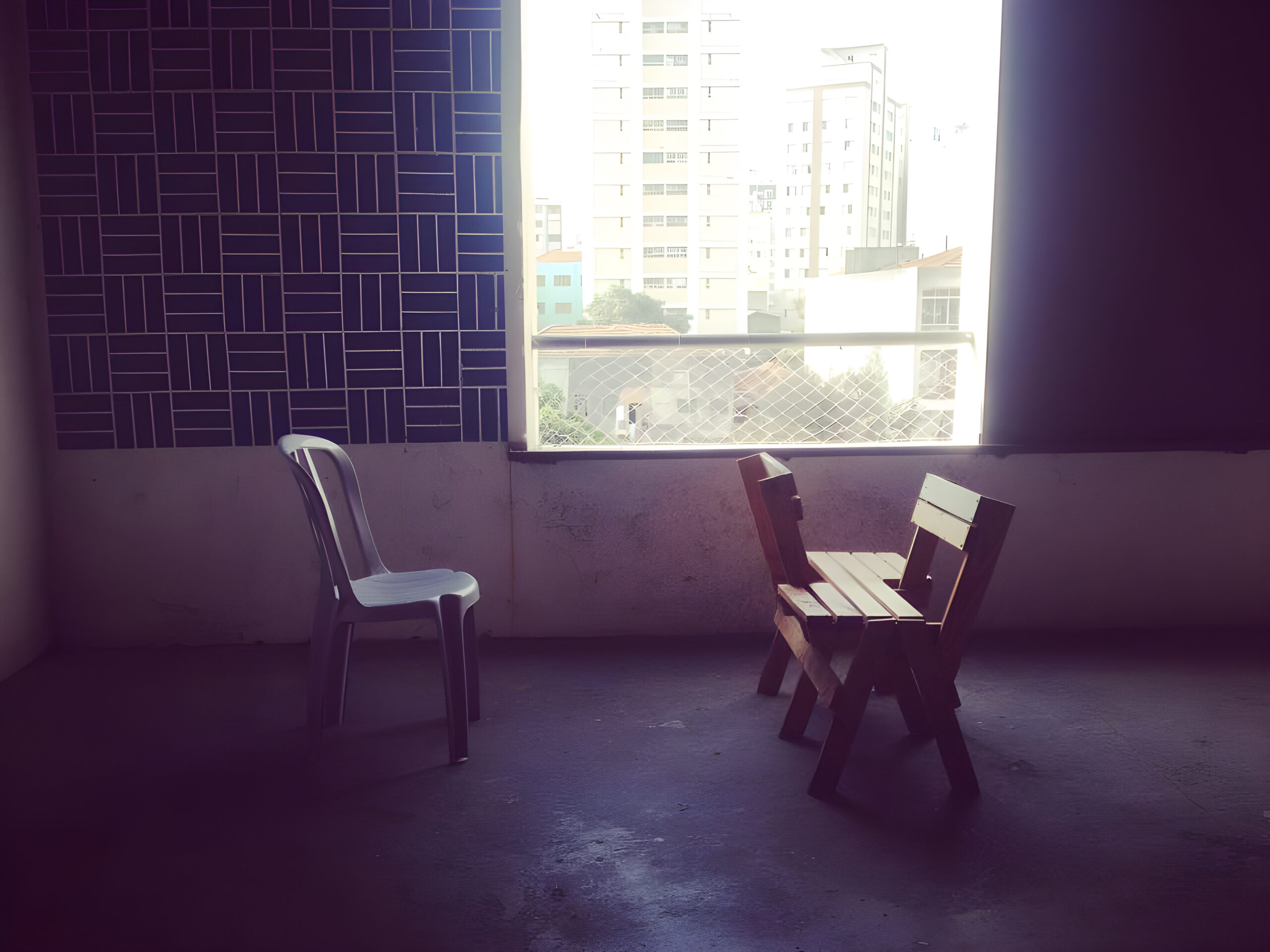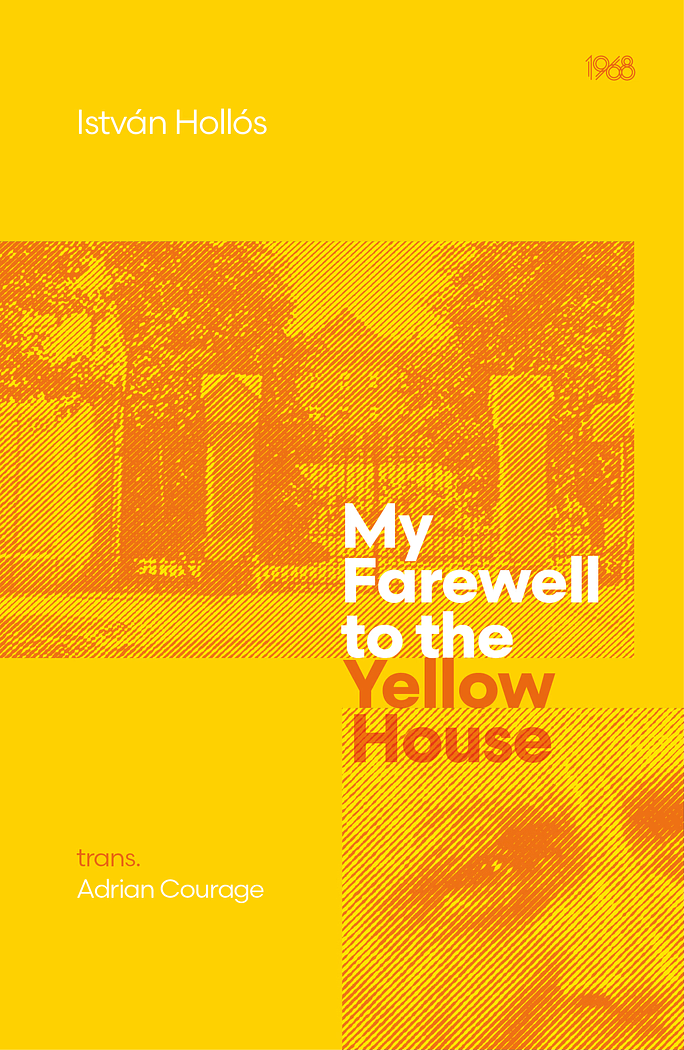New article published in Critical Times, in a special issue on ‘Solidarity’, authored by Ana Minozzo & Raluca Soreanu, available in Open Access format.
The political history of psychoanalysis is marked by a tension between a widely critiqued reproduction of alienation and the capacity to open radical spaces for rethinking subjectivity and practicing togetherness. This essay’s research focuses on moments when fugitive free clinics are formed, functioning in friction with the psychoanalytic establishment, and centered on deindividualizing and commoning practices in the clinical realm. In this essay, the authors follow free clinics in Brazil, from the 1970s to the present. These are marginal, open-border clinics. Developing a vocabulary to account for what the authors call “the mental health commons,” they attend to scenes of fugitivity, to territorial listening, and to a creative “corruption” of psychoanalysis and its mainstream practices. Ultimately, what emerges is a set of autonomous, emancipatory free clinics, where creativity and the imagination are potent, and social symptoms turn into affective bonds, commonly unleashed.





